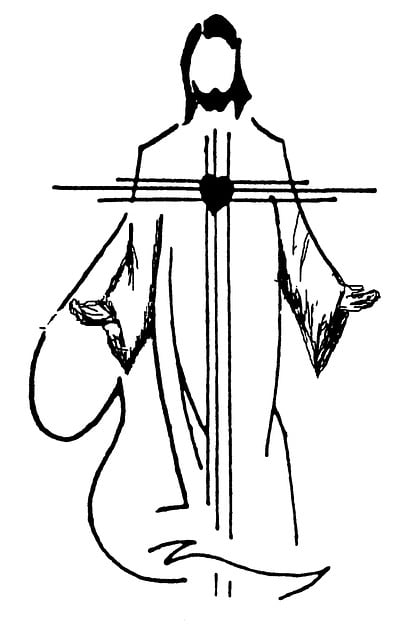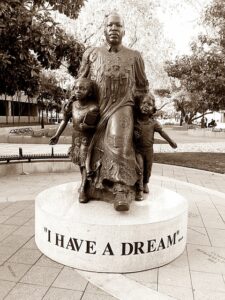|
Listen
|
In N.T. Wright’s book “Simply Jesus “, the author starts off as I would have expected with the big question about Jesus “Who Do You Say You Are?” Bishop Wright leaves us with the sense that western Christians don’t spend the time or the energy to grapple with this question. Even by the author’s own admission, when this question popped into his head in the early 1970’s, he put it aside for a few years. Wright argues that Jesus did not come to play back all of the old songs about God or the Messiah, Jesus came to lay down a new framework with new music.
My own admission is that I have never been a person who likes to ask questions. My temperament was confirmed recently by a consultant that we brought in to speak with our ministry staff. This very talented young lady had us take a personality test and “Surprise” I was the personality type that always likes to complete a task. On the opposite end of the personality spectrum is the person that thrives on asking questions. This is the person who dwells in “Wonder”. This is sometimes my wife. Black women (all women) are wonderful creatures that God has put here to ask that inconvenient questions. From my personality of “Get it Done Now”, I have learned to come to one conclusion. I need to heed the question which is this: “Who is this Jesus, what is He all about?”
I cannot answer this question for you. I can only show you an example of someone who is earnestly seeking to form the question in their own life. We turn to the Book of Joshua 2:9,15 (NIV)‘(Verse 9) and said to them, “I know that the Lord has given you this land and that a great fear of you has fallen on us, so that all who live in this country are melting in fear because of you. … (Verse 15) So she let them down by a rope through the window, for the house she lived in was part of the city wall. ‘
The Bible refers to Rehab as a “Harlot”. Anthony J. Frendo in his article “Rahab in the Bible” in Biblical Archaeology Review, points out that the Biblical text identifies Rahab as a zônāh a prostitute (Joshua 2:1), but the consonants that comprise the word “prostitute” in Hebrew are znh, which are the same consonants that comprise the Hebrew word for a female who gives food and provisions. The author also points out that the Biblical text doesn’t describe Rahab’s profession negatively, as one might expect from a description of Biblical prostitutes.
But what we need to note here is not Rahab’s profession, but her response to God. Rahab’s response is so remarkable that she is mentioned in the first chapter of Matthew in the lineage of Jesus. Rahab is our example of reaching past circumstances, and labels, and even culture to search for who God is. Rahab had heard of this God, and she wanted to ask the question: “What is God all about?”
Where is your “Rahab” expression of faith this morning? Are you willing to ask the question of God “Who are You, And What are You about”? Rahab had a sense of urgency, and per the oath with the soldiers, she and her family were with the soldiers, they were going to be at the end of that “Scarlet Cord” when God’s army came back. Like Rahab, we need to be prepared to climb down from the rubble of a decaying world and jump into the arms of a Jesus that provides us the true certainty of His existence, and His love for us, and His sacrifice for our sin.
He has already accepted us, and He is waiting for us.
We Love You,
Pastors Willie and Rochelle McIntosh
On Mission Every Day. Join us
- Learn the Word by reading our weekly blog.
- Write a comment, join us on social media or zoom meeting every Sunday at 2:30pm ET except the 2nd Sunday at 6:00PM (day subject to change).
- Do you need Prayer? Have questions? We can be reached at [email protected]
Was this message a blessing to you? Would you consider sharing it?




